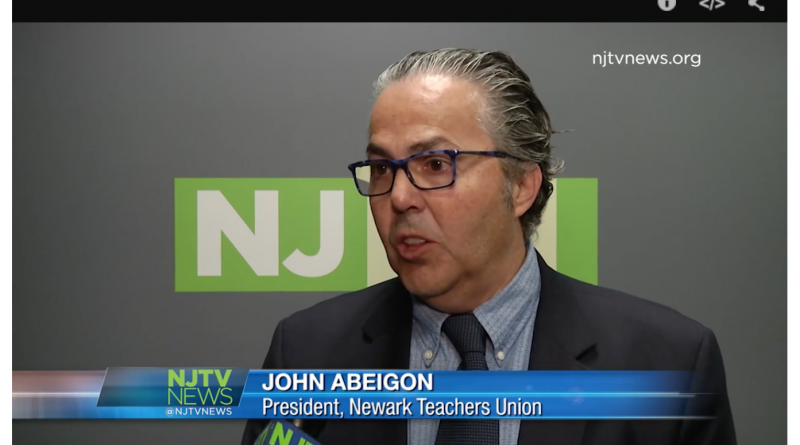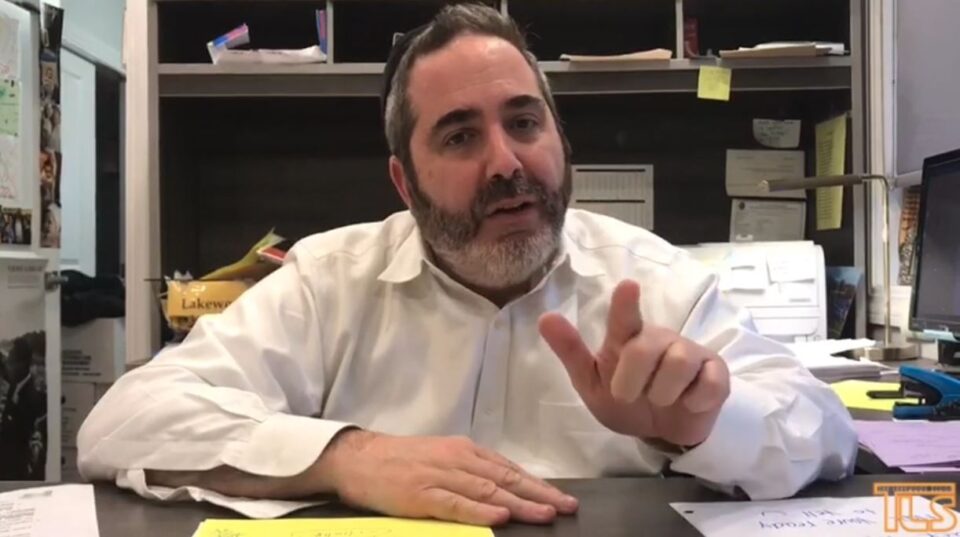Sunday Leftovers
May 1, 2016A Red Pen for Newark Mayor Ras Baraka’s Temper Tantrum over Newark Public Schools’ State Aid
May 2, 2016QOD:”Entrenched Interests Seem More Concerned about Explaining Away Failures of Public Schools” Than Supporting Innovation
Charter schools are also closing achievement gaps. At Success Academy schools in New York, three-quarters of students qualify for free or reduced-price lunch and nearly all are minorities. In 2015, 68% of students scored proficient in reading and 93% ranked proficient in math. For contrast, only 35% of New York City students overall scored proficient in math. Their reading abilities were even worse.
This success translates to broad-based support. About two-thirds of public-school parents favor charter schools, according to a 2015 Phi Delta Kappa/Gallup poll. Support is especially high among low-income parents, according to a March survey commissioned by the organization I lead. Some 88% of parents who earn less than $50,000 a year would like to see more charter schools in their communities.
Charter schools put high-quality education within reach of students without regard for family incomes. Policy makers and philanthropists should pay close attention to how these schools are revamping communities and attracting philanthropic investment to some of the neediest neighborhoods. Charters have the potential to revolutionize American education—but they will need support to do so.




